As a filmmaker, Greta Gerwig’s artistic sensibilities have long been unfairly questioned. This year, she and all the other women making films were snubbed by most of the major awards. For many years, Gerwig was seen as the muse of her partner, Noah Baumbach, her significance in their joint projects often disregarded.
Known for starring in films with little plot and fumbling leads, it’s easy to write off Gerwig’s work off as light or frivolous. Yet, despite the ostensible tweeness of her filmography, she always shows her seriousness when it comes to money. Gerwig has returned to the question of money and wealth in almost all her work. It appears in the two films she co-wrote with partner Noah Baumbach, Frances Ha (2012) and Mistress America (2015), and her solo directorial projects, Lady Bird (2017) and Little Women (2019). In all her work, Gerwig lays bare her feelings towards money, never pretending that it is not an important element in achieving happiness.
The women of Greta Gerwig’s films are often ambitious, driven, and perhaps even snobbish. The character who embodies this the most is Little Women’s Amy March, played by Florence Pugh. In reinventing Amy as an actually tolerable character, Gerwig’s story makes sure she never apologizes for being crassly ambitious or materialistic. Amy declares to Timothée Chalamet’s Laurie, “I’ve always known that I would marry rich. Why should I be ashamed of that?”
Similarly, Jo March declares that “money is the end and aim of my mercenary existence.” Neither Amy nor Jo ever attempt to make their dreams smaller than they are. They are two sides of the same coin, both determined yet realistic. In a world where women are made to feel shameful about basically everything, it’s almost inspiring to see Gerwig never let her lead characters feel apologetic about their want of wealth.
As the only non-contemporary film in her canon, Little Women deals most acutely with money and gender. The film is bookended with Jo negotiating with her publisher, Mr. Dashwood, played by Tracy Letts. As an avatar for Louisa May Alcott, Jo March depicts the professional feminist fight. It’s jarring to see a woman who existed almost centuries ago battling the same challenges as women today.
Having said that, Gerwig’s version of Little Women emphasizes the struggles of domesticity for the women of the Civil War era. Marmee, played by Laura Dern, revealing that she’s “angry nearly every day of [her] life,” is just one of the many indicators that this Little Women is distinct from the others—a version that is deeply concerned with depicting more than just the whimsical nature of the March family.
As a woman, Marmee’s role is merely to play the supportive mother to her four daughters and her husband who is away fighting in the Civil War. Even the most boring of all the sisters, Meg March, played by Emma Watson, shows her dissatisfaction in her economic position by saying, “I’m tired of being poor.”
As with most of Little Women (2019), it is Amy March exerts the most wisdom. In monologuing to Laurie, she says, “And as a woman, I have no way to make money, not enough to earn a living and support my family … So don’t sit there and tell me that marriage isn’t an economic proposition, because it is.” Gerwig’s version of Little Women accentuates the importance of domestic struggles and joys, and it’s truly in keeping with the rest of her work.
Gerwig’s work has consistently been concerned with social mobility. Her characters often have fantasies of upward mobility, perhaps none more so than the titular Lady Bird, played by Saoirse Ronan. She wishes she lived on the “right side of the tracks,” in a grand house the American flag flying in front of it.
Though she strives for riches, she also naively glamorizes the life of the artist. The dichotomy between affluence and artistry is seen most clearly in Lady Bird, the most starry-eyed of all of Gerwig’s characters. At 18, the relatively green Lady Bird runs counter to Little Women’s Jo March, who is invariably aware of the limitations placed on her as a 19th Century woman. She also differs from Frances Ha’s Frances or Mistress America’s Brooke, who are both worn down after years of rejection.
Lady Bird’s immaturity is shown in the most relatable ways, as she never examines exactly how she intends on being among artists in New York while also living a life of comfort and luxury.
In all her films, Gerwig writes a definitive strain of disappointment, particularly in women. I have always suspected that Lady Bird grows up to be some version of Frances Halladay. Unlike Frances, Lady Bird’s great sense of American idealism has not yet been shattered. On the other hand, Frances learns, a little too late, that “the only people who can afford to be artists in New York are rich.”
All her characters feel the intense pressure on becoming a better version of themselves. Frances in Frances Ha dreams of a life as a great (and financially stable) dancer. Like Mistress America’s Brooke Cardinas, both played by Gerwig herself, she repeatedly makes terrible decisions with money. Desperate to distract herself, Frances goes to Paris for a weekend on a new credit card, while Brooke invests money in a financially doomed restaurant.
In their co-written films, Gerwig and Baumbach are certainly aware of the relative privilege of their characters. As Frances’ roommate, Benji, tells her: “But you’re not poor. It’s offensive to actual poor people.” Her characters are all white women living in America with varying degrees of familial support, both financial and emotional. Even as they struggle to obtain monetary success, their greatest obstacle is often themselves.
Frances Ha exists as a post-rom-com feature. Not only is the central love story between Frances and her best friend Sophie, but it also defies the tropes of glamorized professions. Frances is not a rising magazine journalist or a great architect; she is a discouraged artist. Instead of having a beautifully furnished Manhattan apartment, she lives on the verge of homelessness.
Meanwhile, in the screwball comedy Mistress America, Brooke, who lives in a zoned commercial studio, is a woman of many side hustles: a soul cycle instructor, an SAT tutor, and an aspiring restaurateur. At the end of the film, she states, “I wish we lived in feudal times, when your position in the world couldn’t change. If you were a king or a peasant you had to just be happy with who you were.”
It is Brooke’s hunger and wants that become her weakness. Crucially, both women seem to move backwards throughout their respective films. Gerwig and Baumbach write about economic and emotional wins and losses as though they are interconnected. Yet, even as the star and cowriter on these two critically acclaimed films, Gerwig’s creative input was and continues to be ignored.
Compared to some of her male peers, Greta Gerwig’s stories may seem smaller in scale. She doesn’t write about the mafia or superheroes; her work is distinctly feminine, but is never unimportant. She tackles complicated topics like wealth and money in layered and nuanced way, and whether she is formally recognized or not, it makes no difference to her films, which speak for themselves.
Want more stories like this? Become a subscriber and support the site!
—The Mary Sue has a strict comment policy that forbids, but is not limited to, personal insults toward anyone, hate speech, and trolling.—



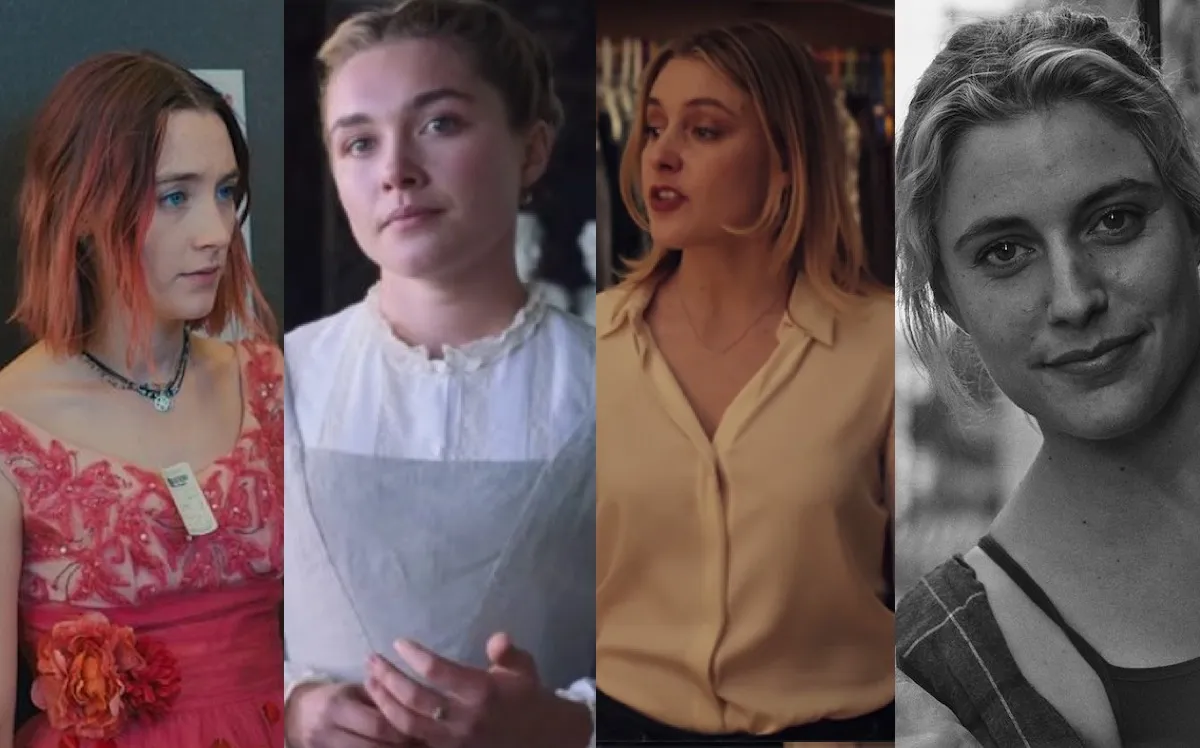
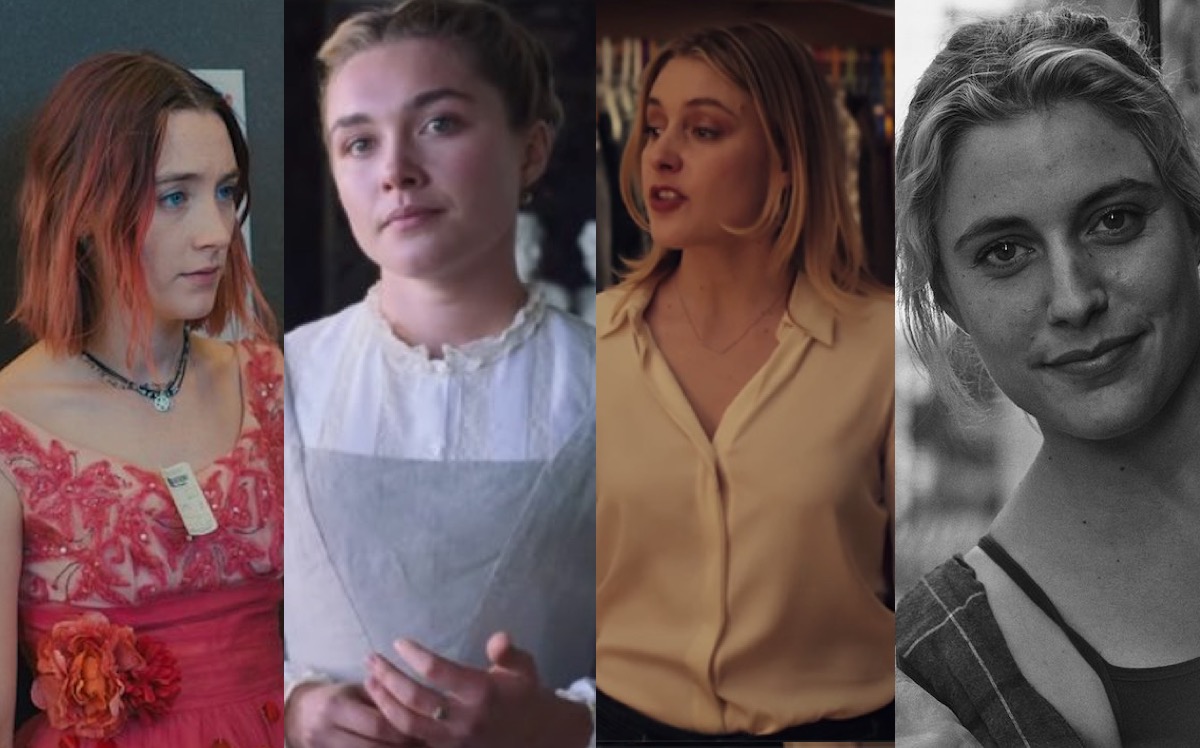
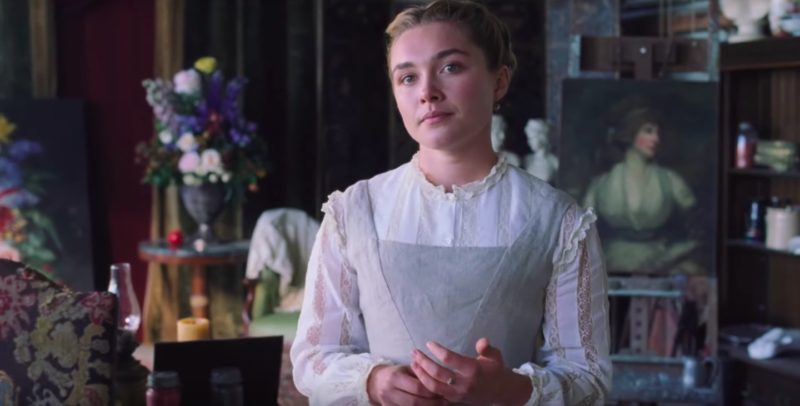
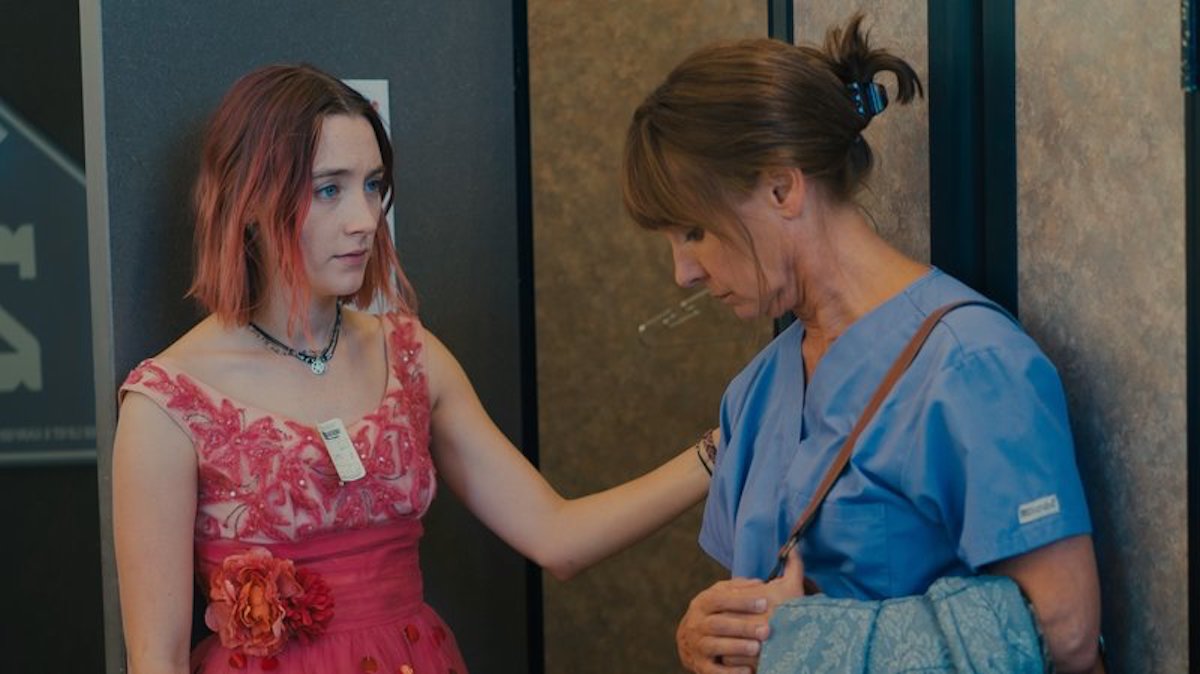
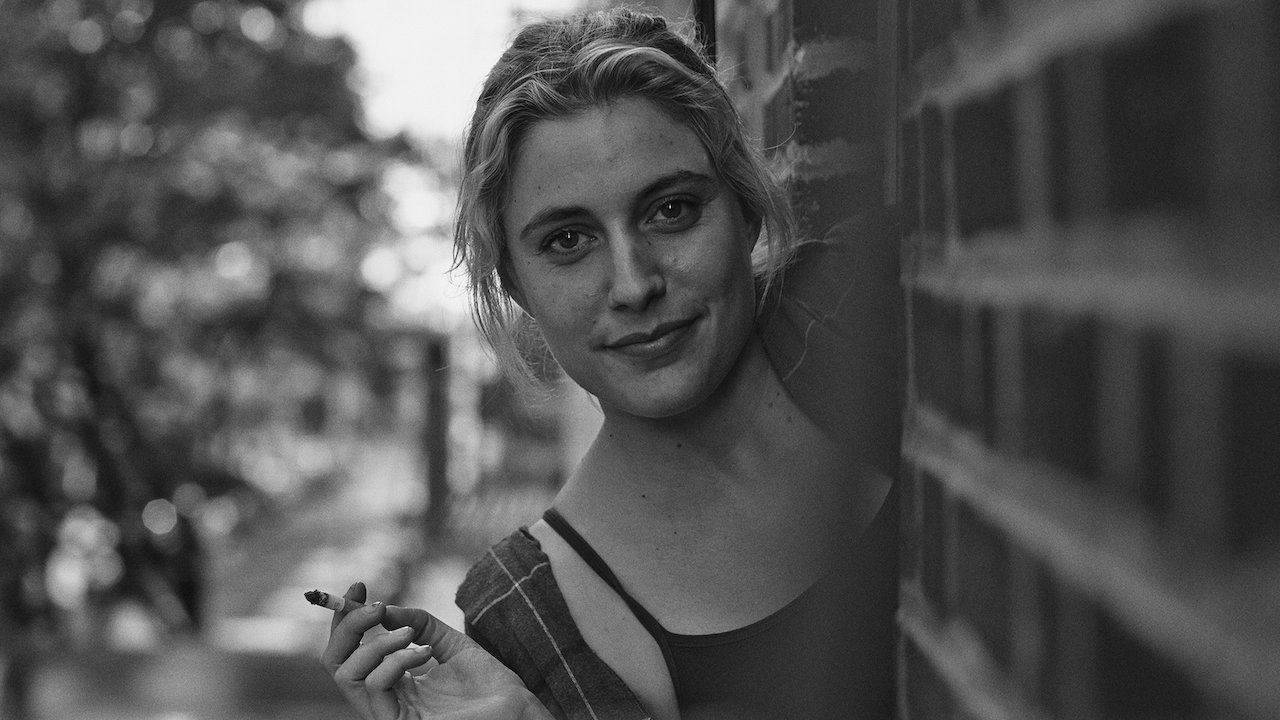
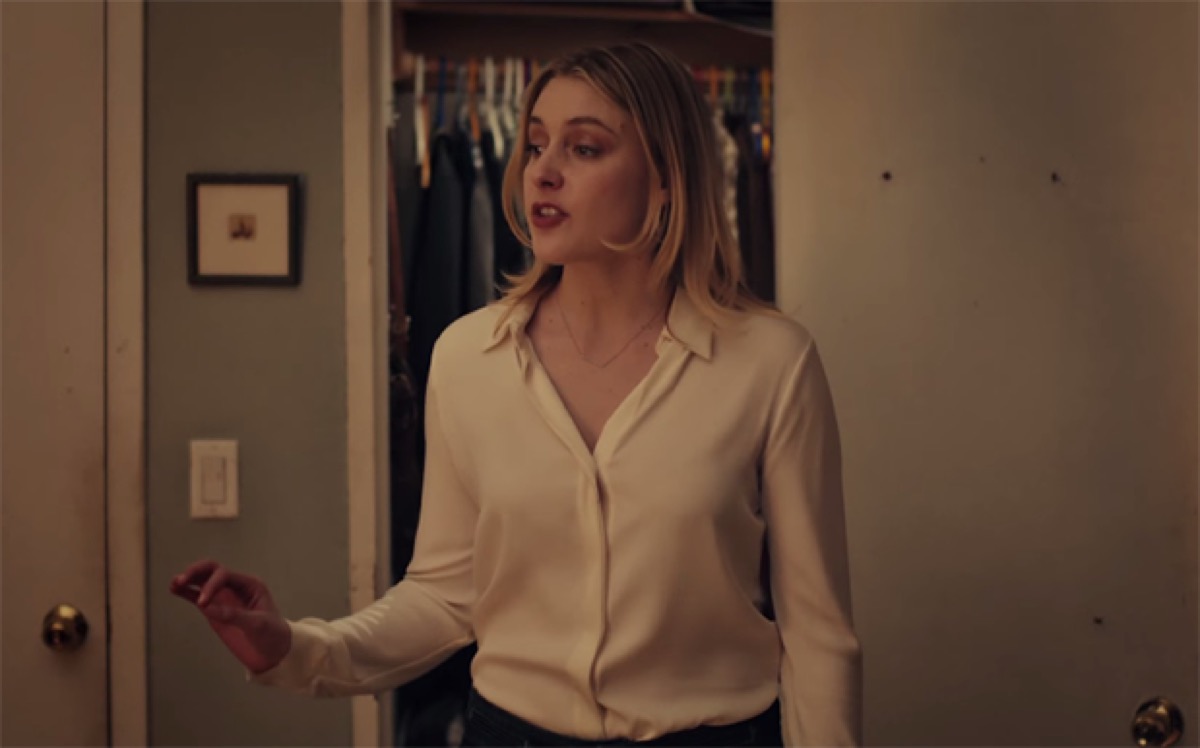





Published: Feb 12, 2020 3:41 PM UTC